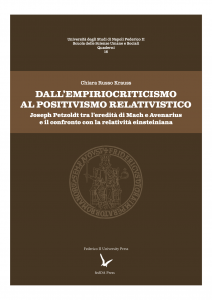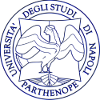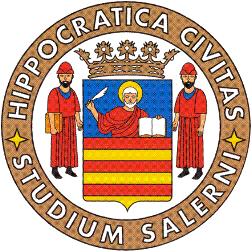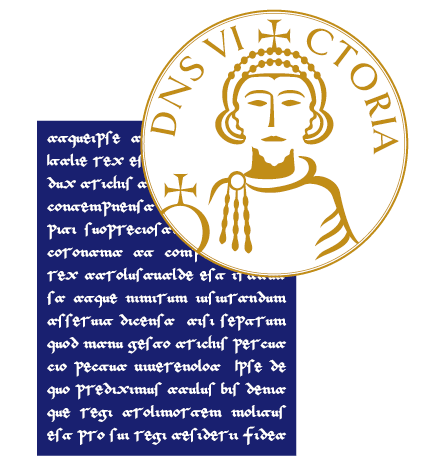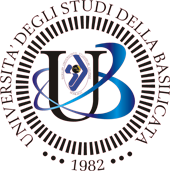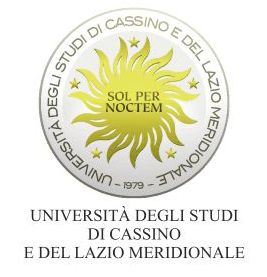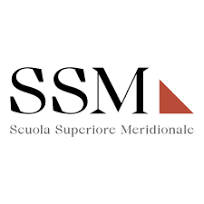Dall'empiriocriticismo al positivismo relativistico. Joseph Petzoldt tra l’eredità di Mach e Avenarius e il confronto con la relatività einsteiniana
Keywords:
Joseph Petzoldt, Richard Avenarius, Ernst Mach, Empiriocriticismo, Positivismo relativistico, Prospettivismo, Teoria della relatività, Filosofia della conoscenza, Filosofia tedesca dell’OttocentoSinossi
Editore: FedOA - Federico II University Press
Collana: Scuola delle Scienze Umane e Sociali. Quaderni
Pagine: 284
Lingua: italiano
NBN: http://nbn.depositolegale.it/urn:nbn:it:unina-26546
Abstract: Joseph Petzoldt fu il principale allievo di Ernst Mach e Richard Avenarius, nonché la fonte primaria della consuetudine di far convergere questi due pensatori entro l’etichetta di “empiriocriticisti”. Petzoldt sviluppò le idee di Mach e Avenarius in un sistema di pensiero volto a superare il dualismo e l’agnosticismo insiti nel kantismo degli ambienti scientifici tedeschi di fine Ottocento. Il pensiero di Petzoldt si regge su tre pilastri: l’empirismo radicale, secondo cui l’esperienza sensibile non è apparenza ma realtà; il principio di Eindeutigkeit, secondo cui tutto ciò che accade è univocamente determinato, e dunque necessario; e il principio di tendenza alla stabilità, che governa l’evoluzione del cosmo, inclusi gli organismi e il cervello. Petzoldt approda così al suo “positivismo relativistico”, in base al quale ogni individuo esperisce la realtà dal proprio punto di vista, ma poiché i processi conoscitivi sono determinati necessariamente dal funzionamento del cervello, ciò non impedisce una conoscenza oggettiva del mondo. Petzoldt fu inoltre uno dei protagonisti del dibattito sull’interpretazione filosofica della relatività di Einstein, sostenendo che essa fosse una conseguenza e una conferma dell’impostazione gnoseologica di Ernst Mach e, dunque, del positivismo relativistico.
Downloads
